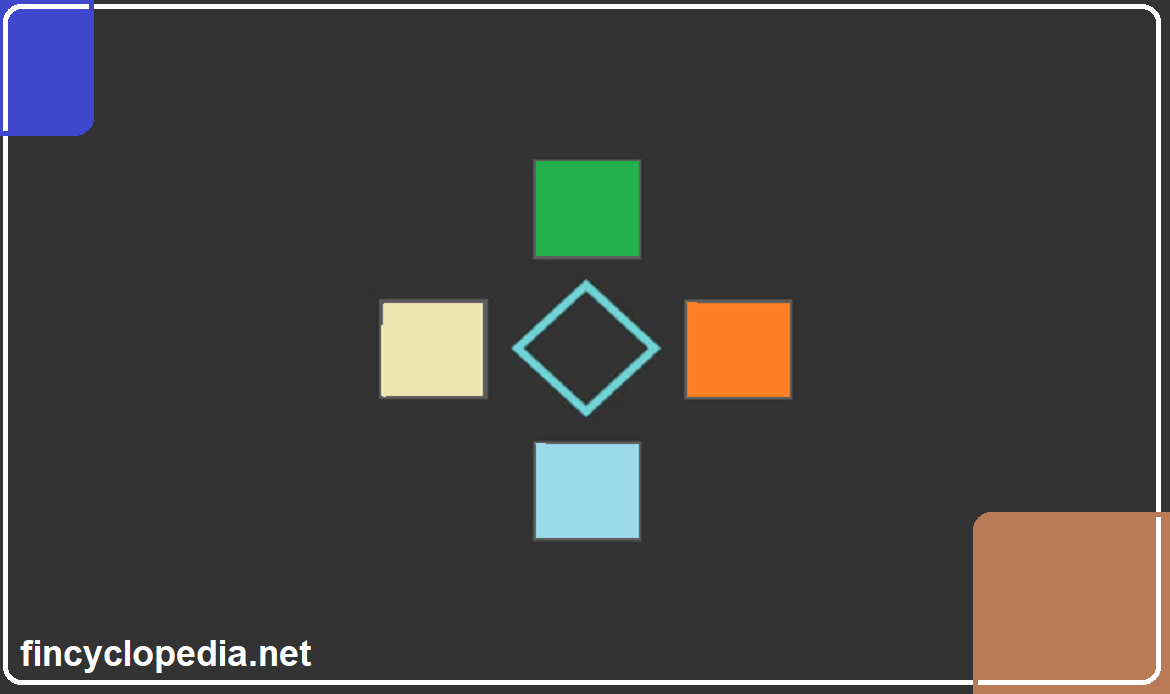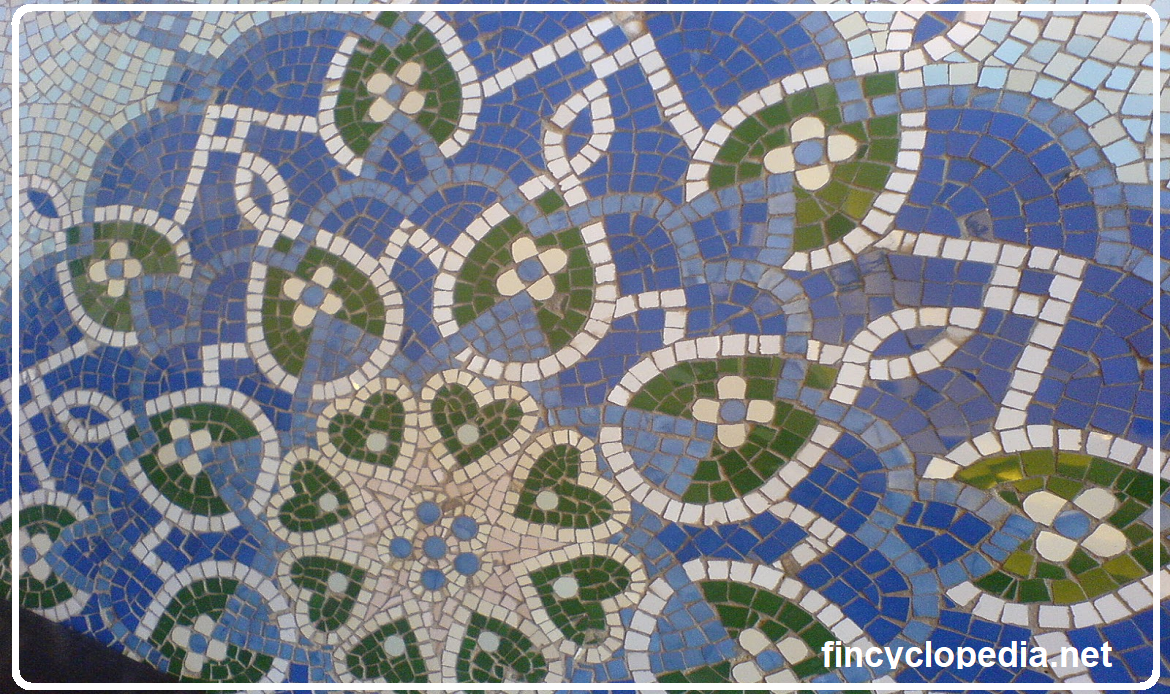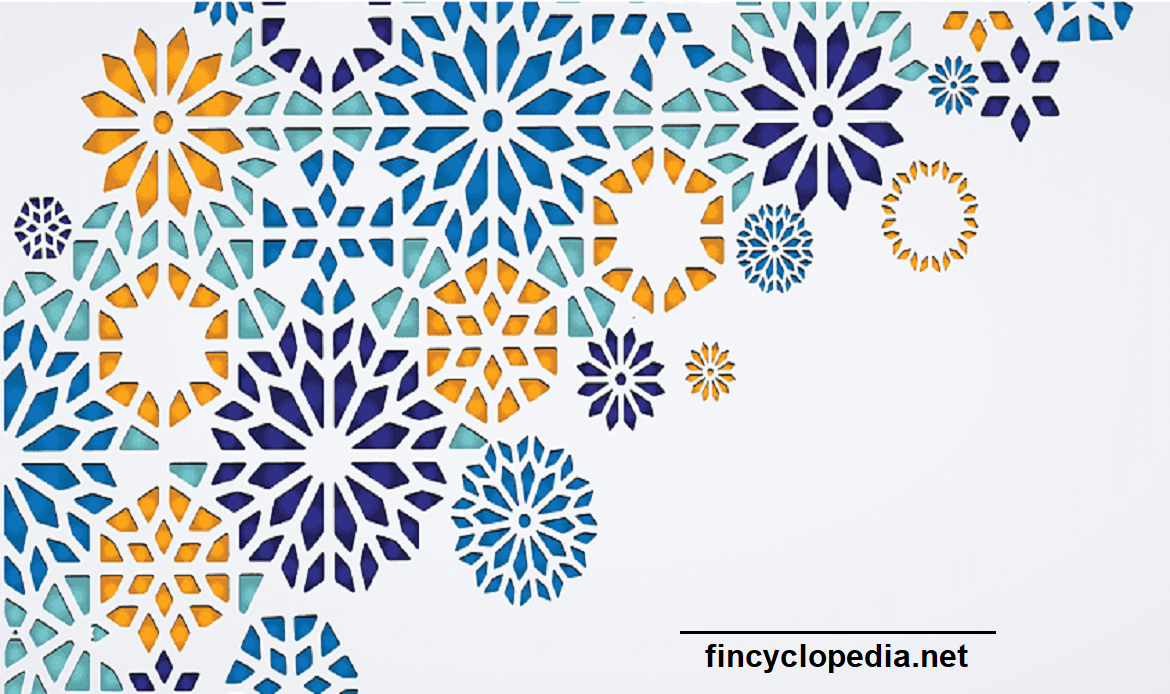Murabaha (also spelled murabahah) is a shari’a compatible mode of debt financing which involves the sale of a commodity mostly for a deferred price. The two parties to the contract are: a financier (usually an Islamic bank) and a client. In its business form, murabaha is initiated when a potential buyer orders a commodity to pay for it with a specified mark-up (profit or ribh). The seller accepts and accordingly procures the commodity. Once the commodity is legally possessed by the seller, the buyer is asked to purchase it and takes delivery. As such, the commodity must exist at the time of contract, and must be owned by the seller at that time whether via constructive (qabd hukmi) or physical possession (qabd fe’eli). Furthermore, quality and quantity must be defined in clear-cut terms, and the exact date and method of delivery must also be specified.
The Islamic bank, in its capacity as the murabaha seller (financier), may set the mark-up (ribh) in the murabaha price as a ceiling rate for a periodic rebate in installment payment, based on a mutually agreed benchmark. For example, an Islamic bank provides a murabaha working capital financing to its customers. A customer applies for a facility whereby he would finance the purchase of consumer products with a shelf life shorter than 3 months. The bank agrees to purchase from the supplier in cash and sell to the customer on credit, based on murabaha contract with a mark-up of 12% of the purchase price, to be settled in full at the end of three months. Another customer requests the bank to finance recurring purchase of motor spare parts on demand basis with an inventory turnover ranging between three to six months. The bank agrees to purchase in cash from distributors and sell to the customer on credit, based on the murabaha contract. The mark-up varies according to credit risk factors including customer type, underlying goods/assets, and term of financing. The mark-up ranges from 10% to 14% depending on the types of underlying products (spare parts) and periods of financing. The mark-up varies because the murabaha contract for each customer is separately concluded.
In a transaction where several murabaha contracts are separately executed, the mark-up for each murabaha contract may be priced differently, taking into consideration the specific features of each contract.






